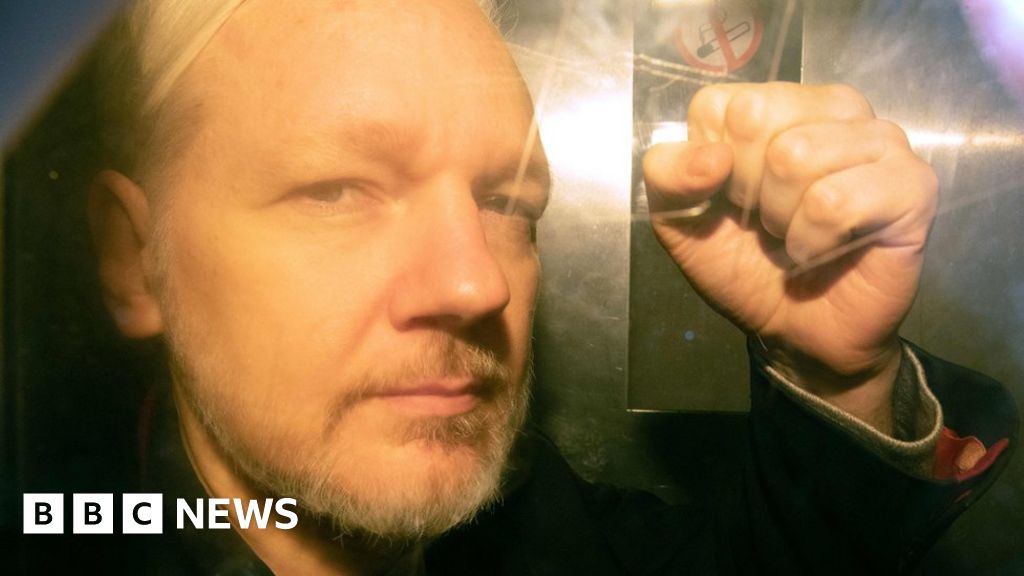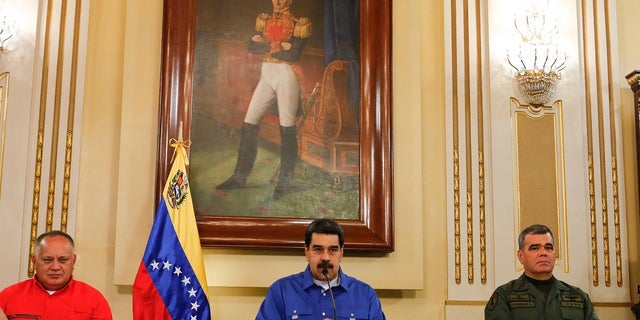
A UK judge sentenced WikiLeaks founder Julian Assange to 50 weeks in prison for skipping bail seven years ago and holing up in the Ecuadorian embassy.
Judge Deborah Taylor said it was hard to imagine a more serious version of the offense as she gave the 47-year-old hacker a sentence close to the maximum of a year in custody.
She said Assange's seven years in the embassy had cost UK taxpayers 16 million pounds ($21m), and said he sought asylum as a "deliberate attempt to delay justice".
The white-haired Assange stood impassively with his hands clasped while the sentence was read. His supporters in the public gallery at Southwark Crown Court chanted "Shame on you" at the judge as Assange was led away.
An Australian citizen, Assange sought asylum in the South American country's London embassy in June 2012 to avoid extradition to Sweden, where he was wanted for questioning over rape and sexual assault allegations.
Assange's lawyer Mark Summers told a courtroom packed with journalists and WikiLeaks supporters that his client sought refuge in the Ecuadorian Embassy because "he was living with overwhelming fear of being rendered to the US".
He said Assange had a "well-founded" fear that he would be mistreated and possibly sent to the US detention camp for terrorism suspects at Guantanamo Bay.
Summers read a letter from Assange apologising for his behaviour in 2012 and saying "I did what I thought was best".
"I found myself struggling with terrifying circumstances," the letter said.
Assange was arrested April 11 after Ecuador revoked his political asylum, accusing him of everything from meddling in the nation's foreign affairs to poor hygiene.
He faces a separate court hearing on Thursday on a US extradition request. US authorities have charged Assange with conspiring to break into a Pentagon computer system.
Asylum revoked
A bedraggled and sickly looking Assange was dragged out of the embassy building in the UK capital by officers and bundled into a police van after the South American country abruptly revoked his asylum.
Assange, 47, was initially arrested for breaching bail terms and was later found guilty before a London court.
In the earlier hearing, a judge said Assange displayed the "behaviour of a narcissist who cannot get beyond his own selfish interest".
Police said they had been "invited into the embassy by the ambassador, following the Ecuadorean government's withdrawal of asylum".
Assange was arrested upon arrival at a police station on behalf of the United States after it requested his extradition, police added.
US federal prosecutors charged him with computer hacking and aiding whistle-blower Chelsea Manning, which they said carries a potential five-year prison term.
Speaking to reporters outside the court after Assange's arrest, WikiLeaks editor Kristinn Hrafnsson said the case sets a dangerous precedent, and that Assange may face even more charges if he is delivered to the US.
"Anyone who wants to press to be free should consider the implications of this case. If they will extradite a journalist to the US, then no journalist will be safe."
"There is no assurance that there won't be additional charges when he is on US soil," Hrafnsson added.
https://www.aljazeera.com/news/2019/05/wikileaks-julian-assange-sentenced-skipping-uk-bail-190501084959520.html
2019-05-01 10:44:00Z
52780281392773




